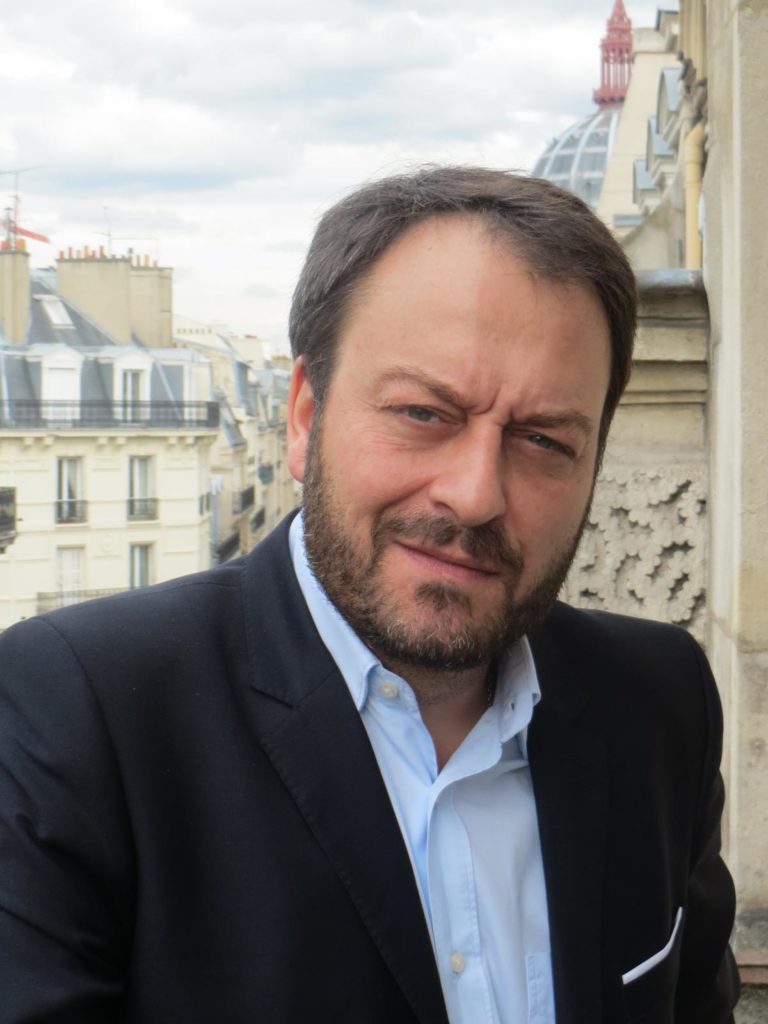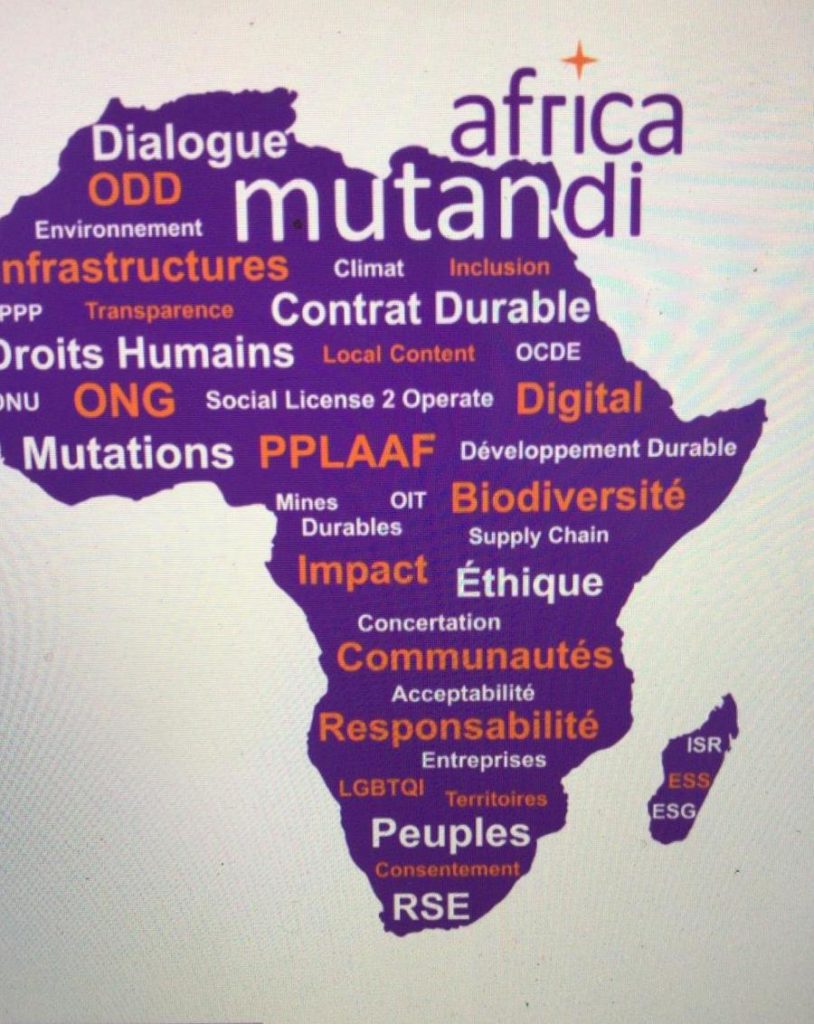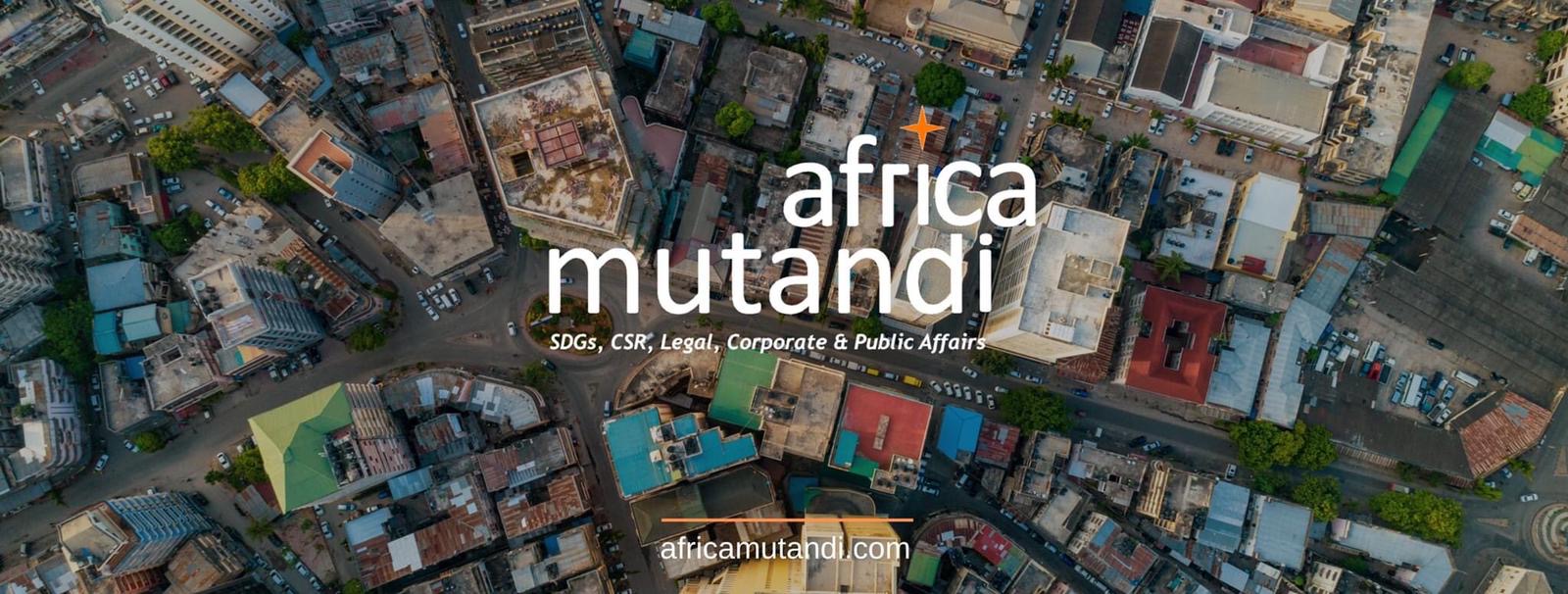“In fact, before you think post-Coronavirus, you have to think with-Coronavirus.”
The question of corporate social responsibility (CSR) has been increasingly raised in recent years. In particular from the point of view of respect for nature. Pierre-Samuel Guedj, head of the CSR commission of the French Council of Investors in Africa, guides French companies in their activities on the African continent in terms of CSR policies. This is an opportunity to see with him what directions can be taken by companies, in this period marked by the presence of the Coronavirus, which makes it necessary to deal with, listing initiatives on this subject with the Africa mutandi platform. Interview.
Feat-Y : How long have you been working on Corporate Social Responsibility (CSR) issues?RSE) ?
Pierre-Samuel Guedj : I have been working on these issues for almost 20 years, because in my corporate communication and interest representation activities, I have always associated this articulation, which is, generally speaking, taking into account the expectations and interests of the different stakeholders of the actors I worked for. So this has always been a relatively strong subject and it is still at the heart of my values.
Feat-Y :Within the French Council of Investors in Africa (CIAN), what is the proportion of companies adopting CSR policy commitments?
P-S.G : Within CIAN, I lead the CSR and SDO (Sustainable Development Goals) commission. In this capacity, I regularly bring together member companies to raise their awareness and to share with them good practices on these issues of corporate social responsibility. Whether on the notions of human rights, climate change, biodiversity or sustainable cities. What I see is that most of them have policies and strategies on corporate social responsibility that are more or less developed and completed. Of course, this is natural, because of the diversity, the disparity. But almost all of them have societal action and seek to maximise their positive impact on this continent.

Feat-Y : What advice do you give to CIAN member companies on CSR policy?
P-S.G :Beyond CIAN member companies, since we advise all types of actors, not only CIAN member actors, we also advise African companies on CSR policies or strategies, or governments on these subjects or issues, we accompany them with the definition of the CIAN CSR charter, which you can find online and which I encourage you to read.
Feat-Y : What changes have you seen in the CSR policy of French firms investing in Africa, whether or not they are CIAN members, in recent years?
P-S.G : What we are seeing is a normative shift, which means that CSR, which is a voluntary dynamic, is becoming compulsory in some areas. We see this with the law on the duty of vigilance, the Pact law and the law on energy transition. These aspects are becoming mandatory. Respect for the environment. Respect for social working conditions, which are a historic achievement. This means that players who commit to CSR, which is always a voluntary approach, must demonstrate, or are demonstrating, increasingly strong societal innovation in order to increase, improve and optimise their positive impact in the territories in which they operate. What does this translate into? The major trends on this subject are multi-stakeholder, multi-actor dynamics. We are going to talk about large coalitions that also involve civil society actors. I’m thinking of Danone’s initiative on diversity and nature. You have territorial partnerships that are being set up, to have an ever stronger impact, with the various players. Several economic players, with civil society players. You have themes that are also emerging, particularly in Africa, such as entrepreneurial dynamism, entrepreneurial support, which has taken off colossally and is a real factor of resilience for Africa. Support for the development of digital technology is also a colossal factor of resilience, a carrier of entrepreneurship and also a carrier of great impact since there are more and more players developing applications that ultimately have a positive impact by falling within the framework of sustainable development objectives. All of this feeds, to some extent, the same dynamics and we see many partnerships around support for entrepreneurship in the digital world, accompanied by players such as Simplon, which is developing schools for coders. Or multi-stakeholder platforms supported by players such as Make sense Africa, which manage to bring together different players such as Eiffage and others in a given area, as in the case of the Dakar city lab.

Feat-Y : Given the context of the Covid-19 pandemic, is there more emphasis on health conditions regarding CSR in companies?
P-S.G : No. Quite simply because the health conditions in companies are not in line with CSR. It is a matter of law, of regulation. You have a regulatory obligation to ensure the safety of the people operating on your sites. This is not CSR, but it does not prevent the fact that many players have invested heavily in the safety of their staff and the employees of subcontracting companies operating on their sites. What we have seen is a great surge of solidarity. This means, behind it, the search for health solutions for populations, with stakeholders who are not directly under the company’s responsibility. And that is CSR as such, in the sense of solidarity. This is also what we have seen in France, in terms of donations of masks, hydroalcoholic gels and equipment. There have been many initiatives on this subject in Africa. This is one of the objects of the platform that we have just launched, Africa mutandi, which lists, precisely, all the positive initiatives of French actors in Africa in the fight against Covid-19. But also in terms of DOs’ achievements. We were able to identify more than 300 initiatives in less than a month, which show how the actors are mobilizing, public, private, civil society, and often in a concerted way, to provide support and solidarity, in the framework of the fight against Covid-19, and then to make the different actors’ initiatives for sustainable development carry.
Feat-Y : Do you think Coronavirus can influence the widespread application of CSR policies within companies?
P-S.G : De facto, yes. In fact, before you think post-Coronavirus, you need to think with-Coronavirus. Because we will potentially have to live for several months, or even years, with this somewhat recurring pandemic situation. Behind it, it is the organization of all societies that will have to be readjusted according to the situation. At the level of companies, NGOs, local authorities, States, and all types of actors. Does this reorient CSR? It can redirect certain dynamics of CSR on the part of investors, both public and private. This is what we call SRI, socially responsible investment. They are the ones who support the States or territories in particular in financing infrastructures and equipment, which can be energy, digital, but also public health. You may have players who choose, at one point, to organise their investments more on public health issues rather than on issues of access to energy, given the situation. Yes, that can change things. It redirects strategies.
Jonathan Baudoin
Site internet: https://www.cian-afrique.org/
Twitter: https://twitter.com/cian_afrique




